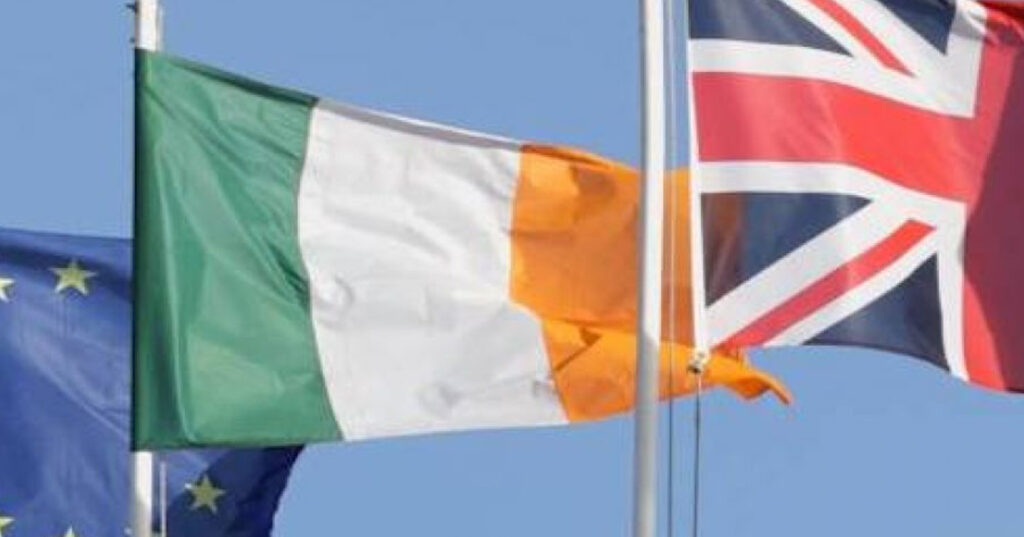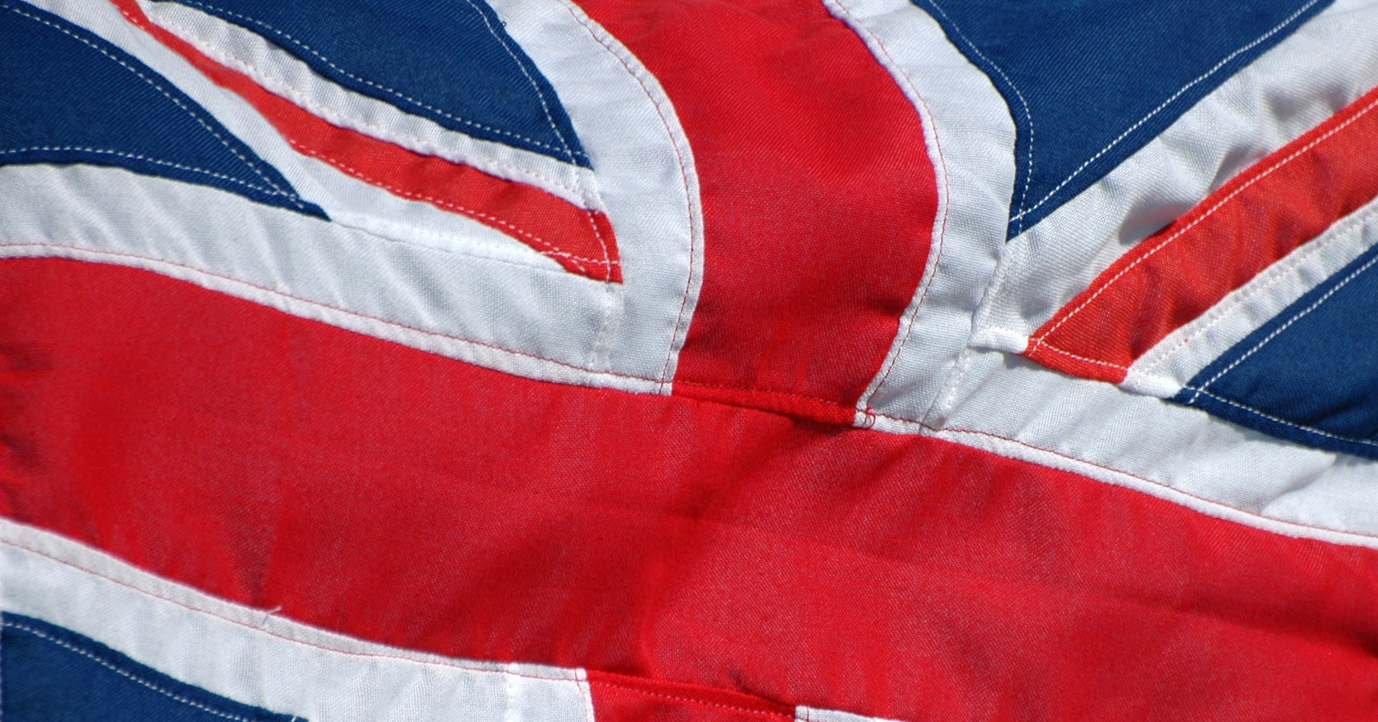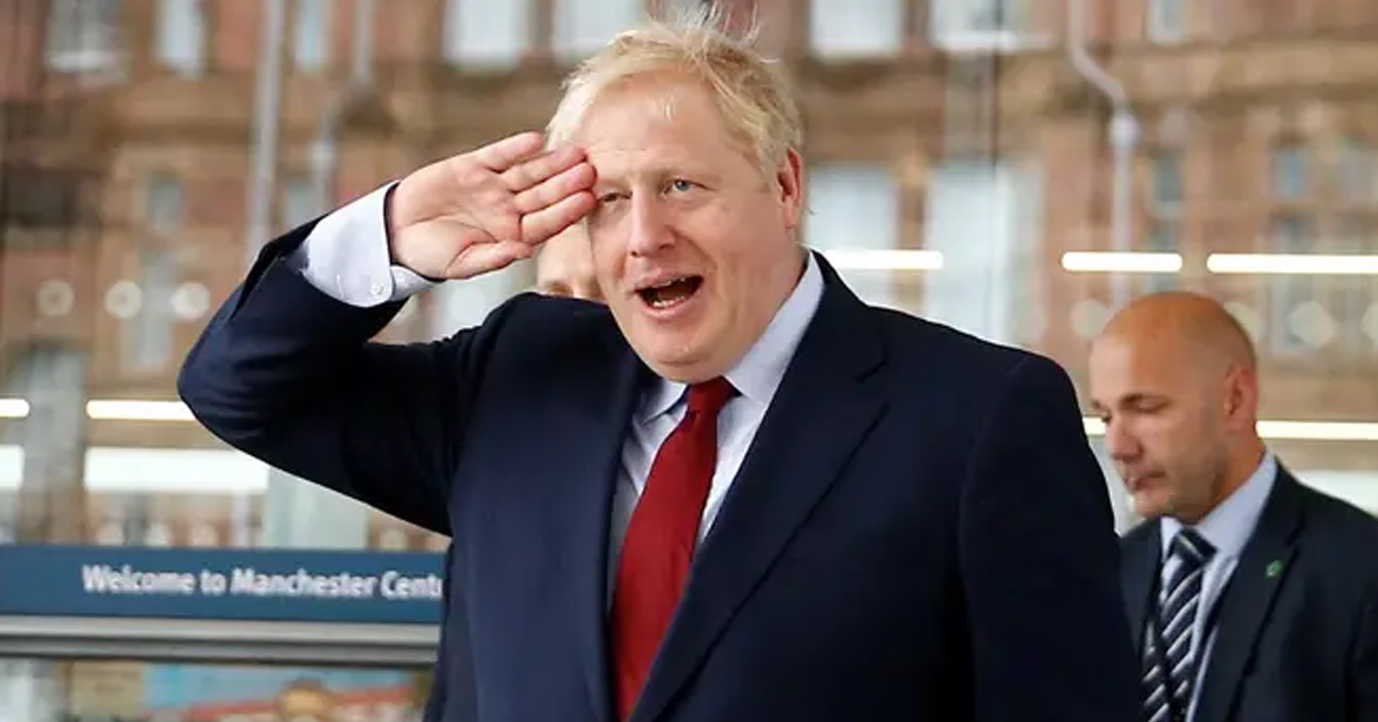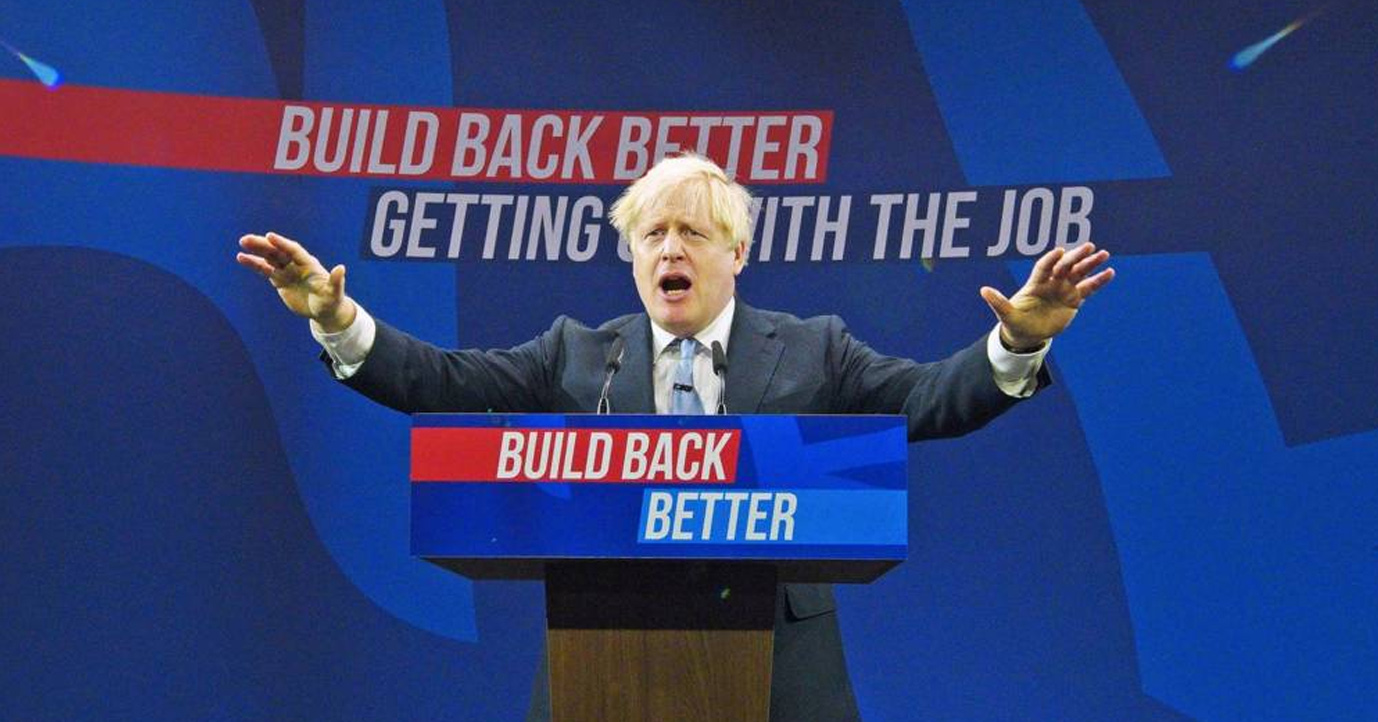
Yesterday I reported on what my focus groups in Ballymena and Belfast had to say about Brexit, the border and the Union. Today, the view from the South.
One thing that united our focus groups in the Republic of Ireland – Fine Gael voters in Dublin and Fianna Fail supporters in the north-western city of Sligo – was the conviction that by voting for Brexit the UK had made a terrible mistake which it would regret, if it didn’t already: “They misunderstood what they were doing;” “Places like the North East are wholly reliant on foreign investment. It’s like turkeys voting for Christmas;” “It was for all the wrong reasons. ‘We are Britain and we’re going to be great again, we’re not going to have the EU telling us what to do, we won the war’.”
“In Ireland we’d have a second referendum to get the right result.”
A few conceded that British voters might have a different perspective from their own: “In Ireland, if we didn’t have the EU, what would we be? Just a tiny little country. The UK are much more prominent in the global scheme of things and think they’re more self-sufficient, which they probably are.” Still, “in Ireland we’d have a second referendum to get the right result.”
Many feared Brexit would have a “massive impact” on Ireland, especially on agriculture: “If you’re producing beef or dairy and your biggest market is across the Irish Sea… Our biggest trade is with the UK but that’s all up in the air. The currency fluctuations are enormous.” Though there might be opportunities to attract British companies who wanted their headquarters in the EU, not everyone was optimistic on this score: “If you’re a UK company, your first look is Dublin, but it’s not that attractive. We have a housing crisis, an expensive health system, so the consequence of our policies is that we can’t benefit from Brexit. We should be able to say ‘over here, lads’, but for most of the big corporations Dublin doesn’t compete with Paris or Frankfurt.”
“We used to see the UK as a powerful country that knew how to organise itself in a time of crisis, but now they don’t know what to do.”
Another problem was uncertainty, exacerbated or at least prolonged by what they saw as the UK’s inability to decide what it wanted: “The British want to have their cake and eat it. Two years later no-one knows what they want, even the Tory party. Theresa May says one thing and Boris Johnson says another. Until they decide, we might as well sit and wait;” “They can’t make up their mind. We used to see it as a powerful country that knew how to organise itself in a time of crisis, but now they don’t know what to do;” “When there are negotiations with other countries it’s usually Ireland who say ‘it’ll be all right on the night’ and it’s the UK saying ‘this is how it’s going to be’. So it’s a complete role-reversal.”
“I can’t believe MI5 aren’t saying to Theresa May, ‘whatever you do, love, don’t have border posts’.”
As with the Nationalists we spoke to in Belfast, our Dublin and Sligo were at least as unhappy with the symbolism as the practicalities when it came to the prospect of a hard border, and the feeling that it would be a backward step: “It would be so sad to see. It’s putting us back in time. The whole politics of the past;” “To me it’s not a different country. We travel freely up and down;” “They’re saying it’s not a military border, it’s a customs border, but people still see it as a border;” “We thought we were moving on, the border had been taken away, we’re working together, this is good.” There were also fears over peace and security: “Once you start talking about borders and checkpoints again, it’s bringing it all back, that rawness;” “I can’t believe MI5 aren’t saying to Theresa May, ‘whatever you do, love, don’t have border posts’.”
They also thought that committed Unionists in Northern Ireland would support a border as a way to emphasise its separateness: “They would build the border themselves if they had the tools and weren’t eighty-five.”
While there were mixed views about Leo Varadkar (“a breath of fresh air,” “young and different,” “trying to engage in the way life is going” for our Fine Gael voters; “out of touch,” “out of his depth,” “the Taoiseach of Dublin” for our Fianna Fail supporters three hours to the west), most agreed that his stance on Brexit was clear and right. They also respected the way he had apparently marshalled senior EU figures to support the country’s position: “He’s been hard core holding the line. It shows good leadership qualities;” “He has done well to articulate the case and bring European leaders to the table saying the Irish border situation will be protected;” “If Brexit goes ahead, Ireland will do well because of the friends it has made in the EU.”
“There will be a political fudge somewhere along the way.”
Nevertheless, there was a widespread expectation that the worst would be avoided, and the posturing would resolve itself in traditional European fashion: “There will be a political fudge somewhere along the way;” “The British government will use us as a bargaining tool to get support from the Irish government for a trade deal;” “There’ll be no border. It will be resolved;” “Just leaving would be a foolish way of doing it. I don’t think they’ll do that.”
“I would love Northern Ireland to be part of this country but we can’t afford it.”
Both sets of participants in the Republic were somewhat ambivalent to the idea of Irish unification, at least in the short term: “I would love Northern Ireland to be part of this country but we can’t afford it. It’s a black hole that the British government pours money into. We would wake up on 1stJanuary with a £12 billion deficit;” “The politicians have to say they want a united Ireland but I don’t think it’s really on their list;” “We’re so much better than forty years ago, but they’ve stagnated. Isn’t 60% of their economy reliant on the public sector?” Some even seemed disturbed by the idea that Brexit might be the spur to a border poll: “Would it just be the North who get to vote?”


